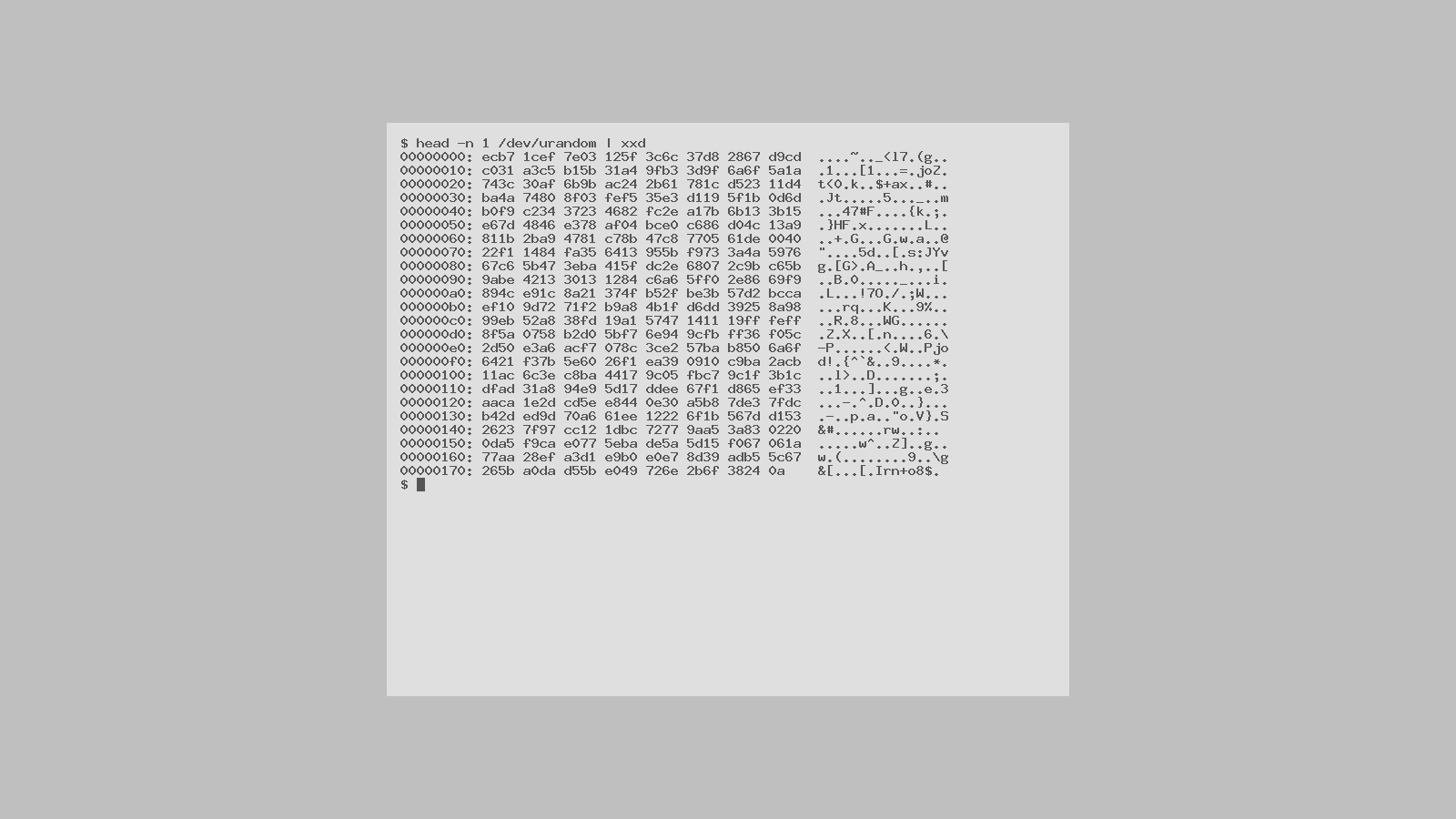Contrarians, and extremists

As a linux user, I imagine there's a universal path of exploration of the vast world of linux, that many may find common. Of course the path differs from person to person, and I do not think everyone has the same complaints about the world they explore, so take my words here with a grain of salt. This page is meant purely as an opinionated statement, which of course may be changed with time.
I don't like cats, that means I love dogs!
To choose a linux distribution instead of Windows, one must rebel and become a contrarian towards Windows, a mostly already-working solution for many. The person doesn't have to become an extremist, but a lot of people do get quite extreme with their opinions and decisions, and that directly results in what is now known as "distro-hopping". What tends to happen further as the person explores their system though, is that they start using a world-view that starts questioning every single piece of software that the user encounters, and if they don't like it, they switch to an extreme oposite.
Let's imagine a theoretical person, who has had enough of a bad experience with Windows, to consider switching operating systems.
The person familiarizes themselves with debian, because it was suggested to them as a good starter.
"I want more packages, I heard the AUR has a lot of packages."
The person familiarizes themselves with Arch.
"Arch breaks (as it always does), I want something that doesn't break."
The person familiarizes themselves with Ubuntu.
"Hmm I hate snaps and and the limitations they provide, I want something more customizable."
The person familiarizes themselves with gentoo.
"Hmm I don't like compiling everything on my own, i'd rather share up-to-date binaries."
The person familiarizes themselves with NixOS.
"Hmm I don't like setting up my entire system with one file, that's just too much learning."
The person familiarizes themselves with Guix
"Hmm I want to use closed source software too."
The person familiarizes themselves with whatever else, and they find another problem that makes them switch...
And it gets evern worse, when we mention the fact that the options listed above have many derivatives that only add to the absolute chaos that already ruins the experience for many. If you want an example, look no further than Various *buntus, Manjaro, Archcraft, Endeavour, Artix, and many more...
There are a lot of people, who think that just switching the direction completely will save them. Here's a couple of examples i've seen in my own experience.
- Is Linux a good solution for your usecase?
- Linux is bad, I will use Windows.
- Linux is bad, I will use macOS.
- Linux is bad, I will use BSD.
- Is conventional package management well-suited for your usecase?
- Conventional package management is bad, I will use Gentoo
- Conventional package management is bad, I will use NixOS / Guix
- Conventional package management is bad, I will use GoboLinux
- Am I happy with my distros software availability?
- I am not, I will use Arch
- I am not, I will use Debian
- I am not, I will use TempleOS
- Do I like big codebases that provide a lot of functionaloty, yet are very restrictive?
- Poorly written software is actually good, I will use SystemD
- Poorly written software is actually good, I will use Gnome
- Poorly written software is actually good, I will use KDE
- Do the user-oriented pieces of software tend to get in my way?
- Software made for enterprise is superior, I will use CentOS / Rocky
- Software made for enterprise is superior, I will use RHEL
- Software made for enterprise is superior, I will use Fedora Server
How do we fix it?
I honestly have no clue, and there is probbably no good solution to this. As long as people have the freedom to choose for themselves (which of course is how I think it should be), then the same people will stroll around the wasteland of the linux world, looking for a place of their own, with many giving up on their journey.
I am also in no position to tell anyone what pieces of software they should use, and can only give personal advice. That advice so far, has been to install Void Linux as it's a distribution that focuses on the software, not the ideologies at hand.
